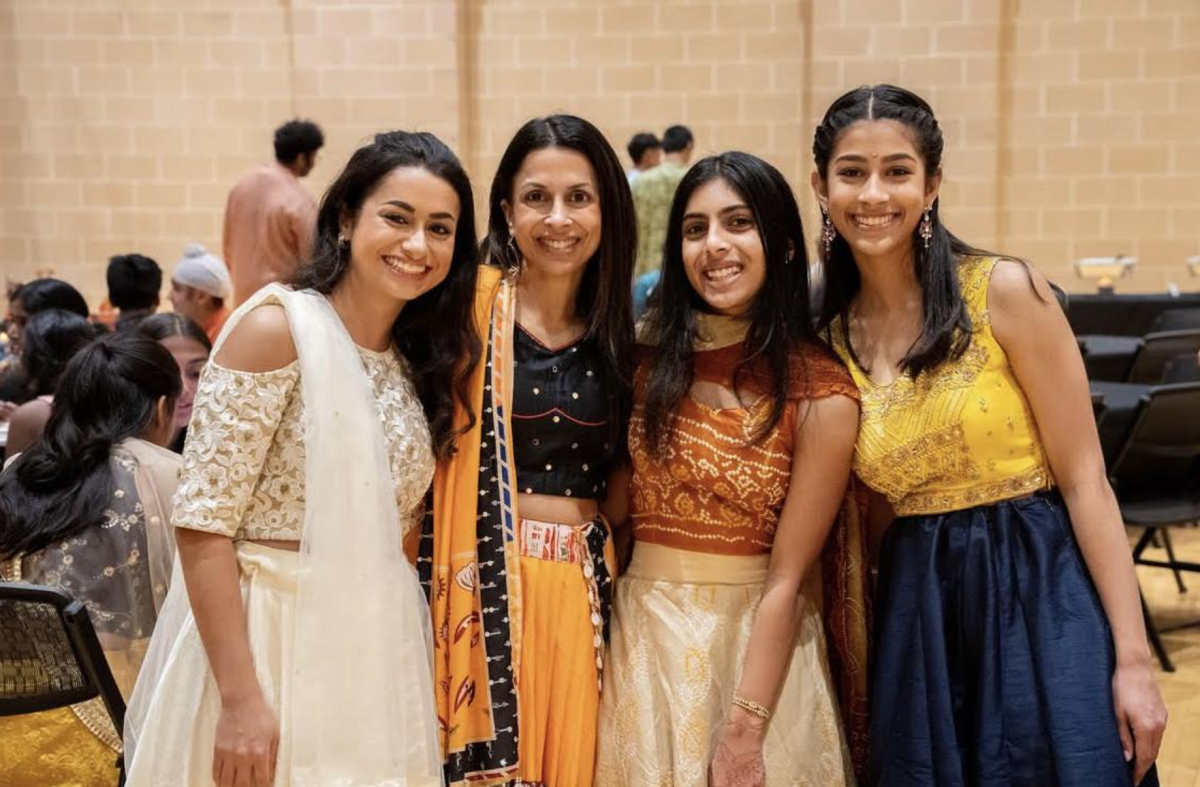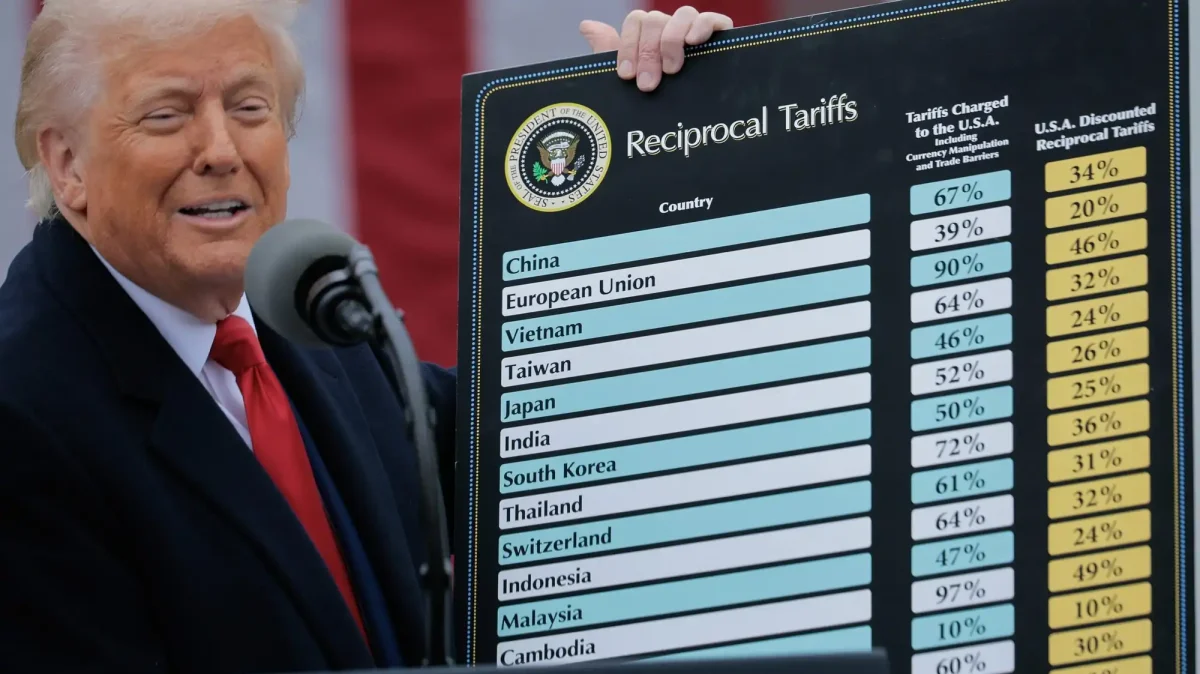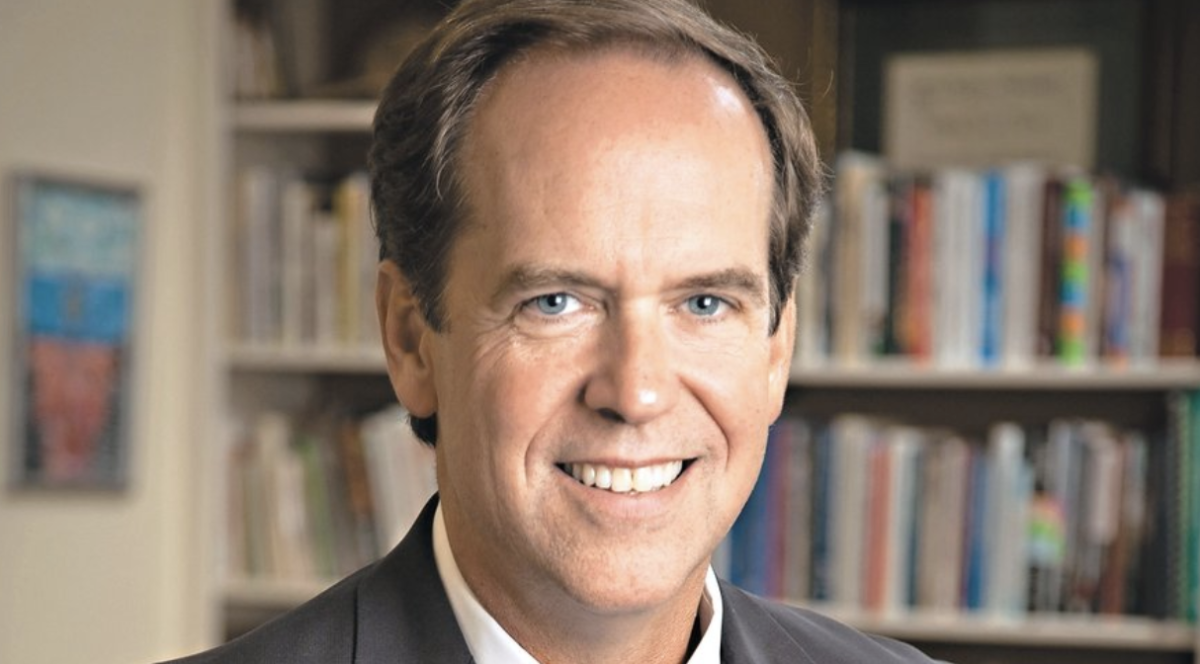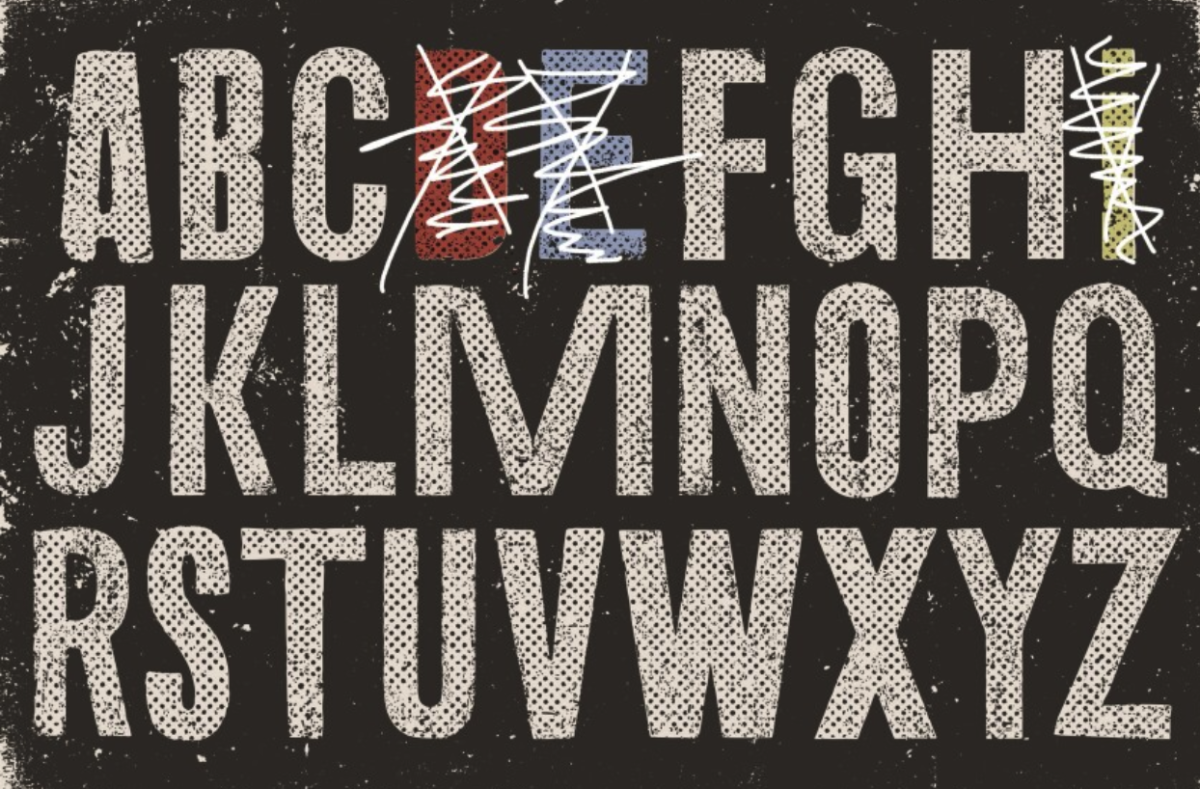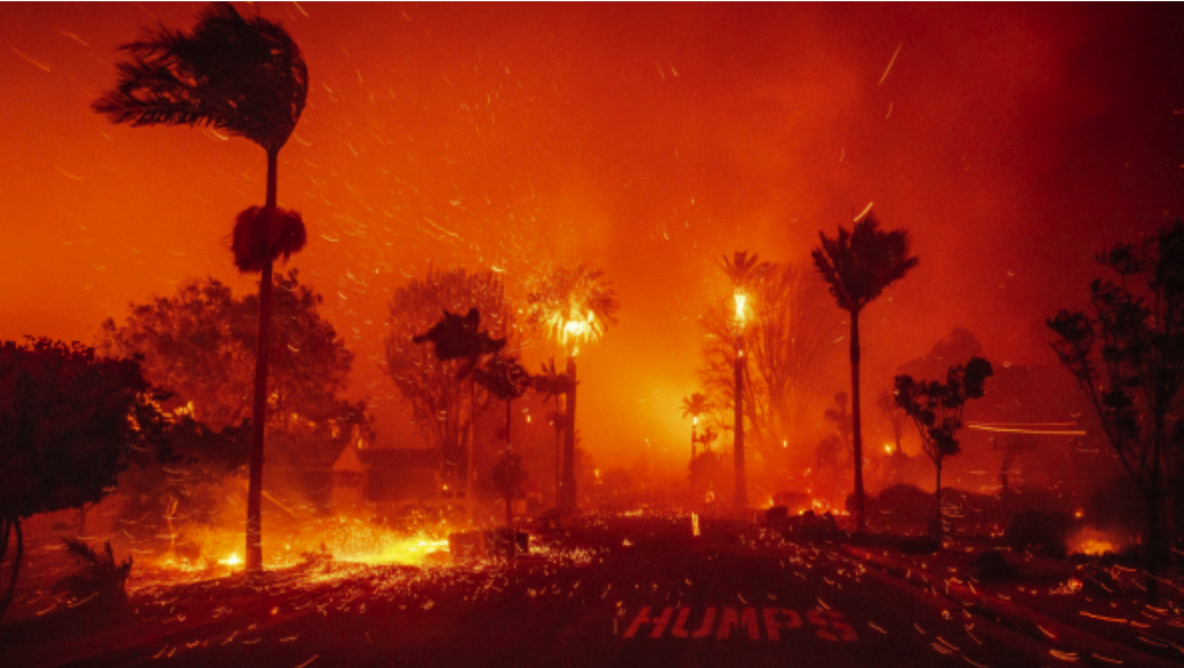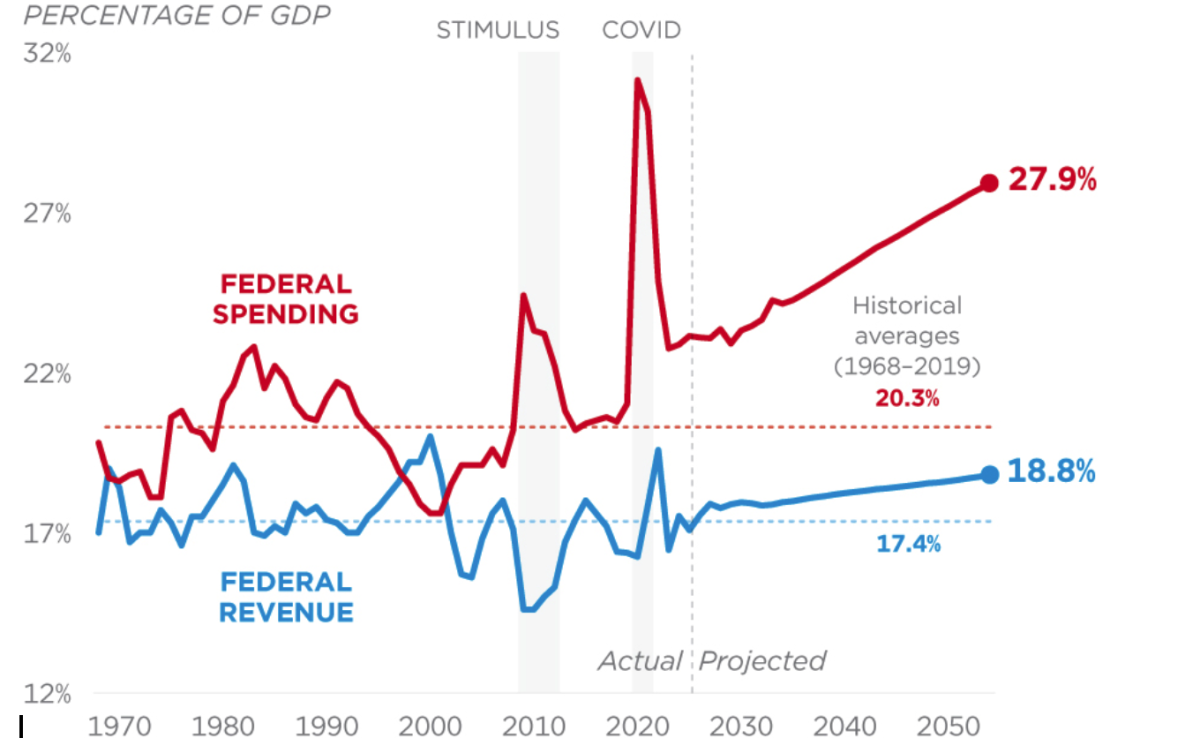Throughout the month of November, Westminster welcomed dancers and singers from all around Georgia to celebrate Diwali. Diwali (pronounced duh-vaa-lee), also known as the Festival of Lights, is a five-day festival observed primarily in Hindu, Jainist, and Sikh religious traditions. Rooted in ancient mythology and diverse traditions, Diwali signifies the triumph of light over darkness, knowledge over ignorance, and the victory of good over evil.
Each day of Diwali has a different purpose and activities. The first day, also known as Dhanteras, is dedicated to wealth and prosperity. Many people clean and decorate their homes or buy new jewelry and utensils. The second day is Naraka Chaturdashi, sometimes called Choti Diwali, and commemorates Lord Krishna’s victory over the demon Narakasura. Firecrackers and small lamps are lit, and different rituals are performed on this day. The third day, which is also the main day of Diwali, is marked by the Lakshmi Puja, dedicated to Goddess Lakshimi, the bringer of wealth and prosperity. Families gather for prayers, offer sweets and desserts, and light diyas – lamps that celebrate purity and goodness – to invite blessings and wealth into their homes. The fourth day is reserved to honor the deities and offer prayers for prosperity and well-being. The final day of Diwali is dedicated to sibling relationships; sisters pray for a lucky and prosperous life for their brothers and apply tilak, a vermillion mark, on their foreheads.
Diwali serves as an exuberant celebration that radiates joy, spirituality, and cultural richness across India and various parts of the world, and its impact can be seen in various educational settings.
Westminster celebrates Diwali yearly by sharing foods and arts with other students. A booth is held outside of Malone with treats such as samosas, mithai, and mango lassi – all of which are traditionally enjoyed on Diwali. Additionally, activities such as henna and diya painting were available to all students.
Lahiri Nooka, a sophomore member of SAAG, Westminster’s South Asian Affinity Group, enjoyed seeing students learn about and appreciate Diwali.
“Diwali brings people together regardless of their backgrounds, languages, and beliefs to celebrate. Getting ready for the festival always brings friends and family closer to each other,” said Nooka.
The middle school also held a Diwali celebration. SAMOSAS, the middle school South Asian Affinity group, hosted an assembly where they presented their favorite foods, shared the way their family celebrates Diwali, and told the story of Diwali. The assembly was then concluded with a game to guess specific objects used in the holiday and a dance performance to the song “Show Me the Thumka” by sophomores Nidhi Pandaya and Lahiri Nooka.
Ved Nooka, an eighth grader, had fun with his friends educating his peers of the importance of the holiday.
“I think every holiday is a reminder for us to show gratitude for what we have and let those we love know we appreciate everything they do for us,” said Nooka.
Diwali is an exciting time for students of all ages to celebrate with friends and learn more about South Asian culture itself.
Not only is Diwali a fun time for everyone to experience, but it also holds meaningful value for families and the South Asian community. It can also be a period where the festivities bring forth a mix of emotions, tapping into vulnerabilities and cherished memories, especially for parents. For many adults, Diwali is a holiday to teach their own kids about their culture and how it is celebrated. The tradition of carrying on this knowledge and heritage from generation to generation is especially emotional.
Amy Patel, an Upper School English teacher, believes that an importance of Diwali lies in the passing on of knowledge to her kids.
“My favorite part of Diwali is probably being a parent now and seeing my kids celebrate, and learning more,” said Patel.
Edited by Sophia Cunningham
